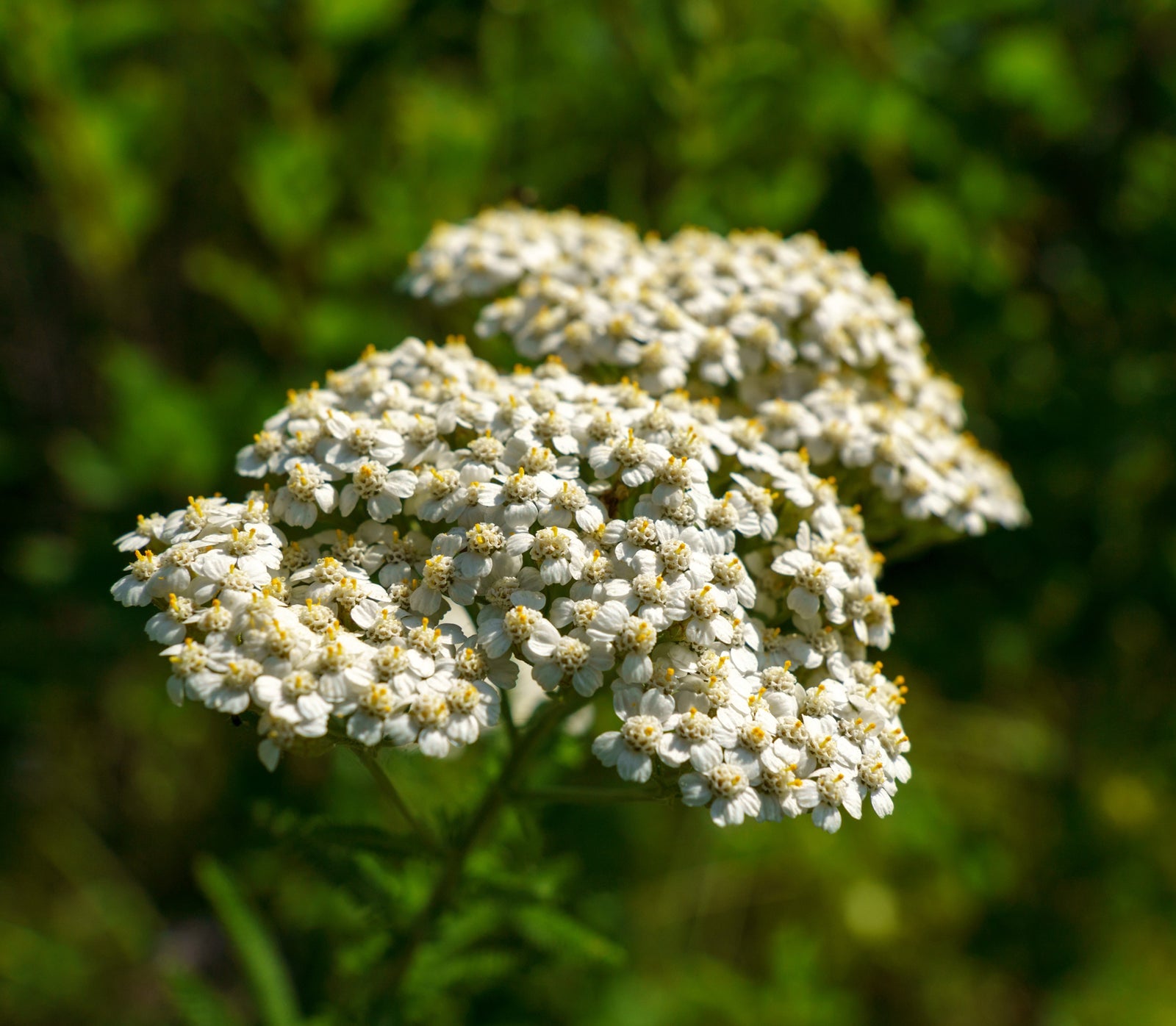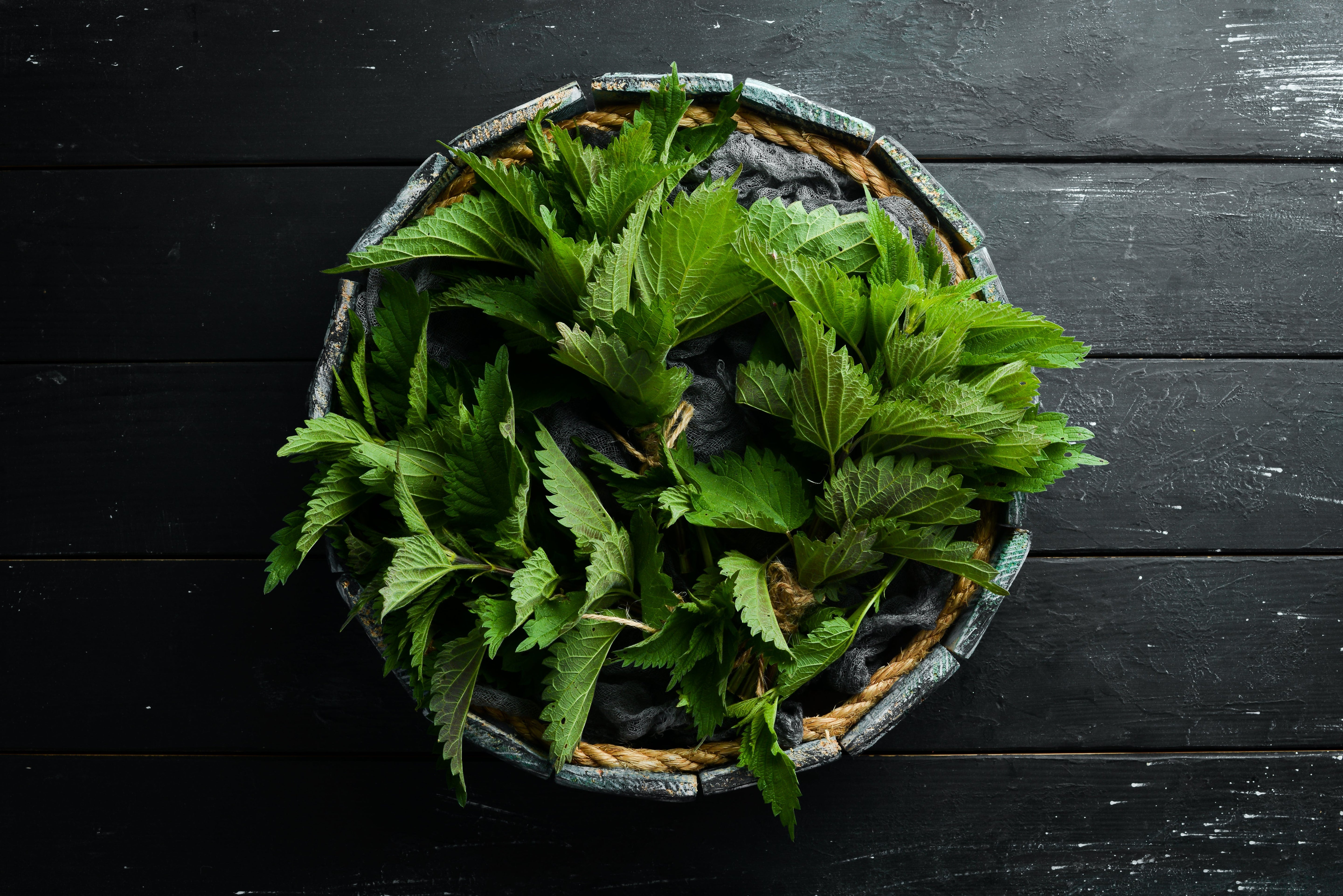What can yarrow tea be used for?

Yarrow (Achillea millefolium) is a medicinal herb with antibacterial, anti-inflammatory and antihemorrhagic properties. It can be used externally in the form of compresses or even masks, but it is also great internally - drunk as a tincture, tea, or even wine. What can yarrow be used for?
*Yarrow for digestion
Yarrow infusion has antibacterial and anti-inflammatory properties, stimulates digestion, improves the absorption of many nutrients, and regulates intestinal peristalsis, which is why in natural medicine it is most often used for diseases related to the digestive system, such as:
- gastritis,
- any inflammation,
- stomach ulcers,
- indigestion,
- chronic constipation,
- hemorrhoids,
- flatulence,
- nausea
*Yarrow for wounds
Yarrow has unique properties that reduce internal and external bleeding, which is why it has been used for a long time on wounds and burns. Yarrow oil is added to many ointments and creams to accelerate the healing of minor wounds, scratches and ulcers. Yarrow heals inflammation of the skin and mucous membranes, has antiseptic and astringent properties, lowers blood pressure, strengthens the weakened body and increases its immunity.
*Yarrow for inflammation
The infusion of yarrow flowers has a strong antibacterial effect, making it useful in the treatment of inflammation of the throat and oral cavity, e.g. gum disease. It is worth using it to get rid of a sore throat and troublesome cough. The infusion is also useful in the treatment of eye diseases, e.g. conjunctivitis and excessive tearing.
*Yarrow for women's problems
Yarrow also helps with women's ailments: it regulates the menstrual cycle, relieves menstrual symptoms, and reduces the unpleasant symptoms of menopause. It helps treat inflammation of the vagina, uterus and ovaries, as well as vaginal discharge.
*Yarrow in cosmetics
Due to its rejuvenating and whitening properties, yarrow is also widely used in cosmetics. It is a popular ingredient in cosmetics intended for mature skin because it reduces pores and wrinkles. Thanks to its antibacterial properties and zinc content, it is also recommended for acne-prone skin.






